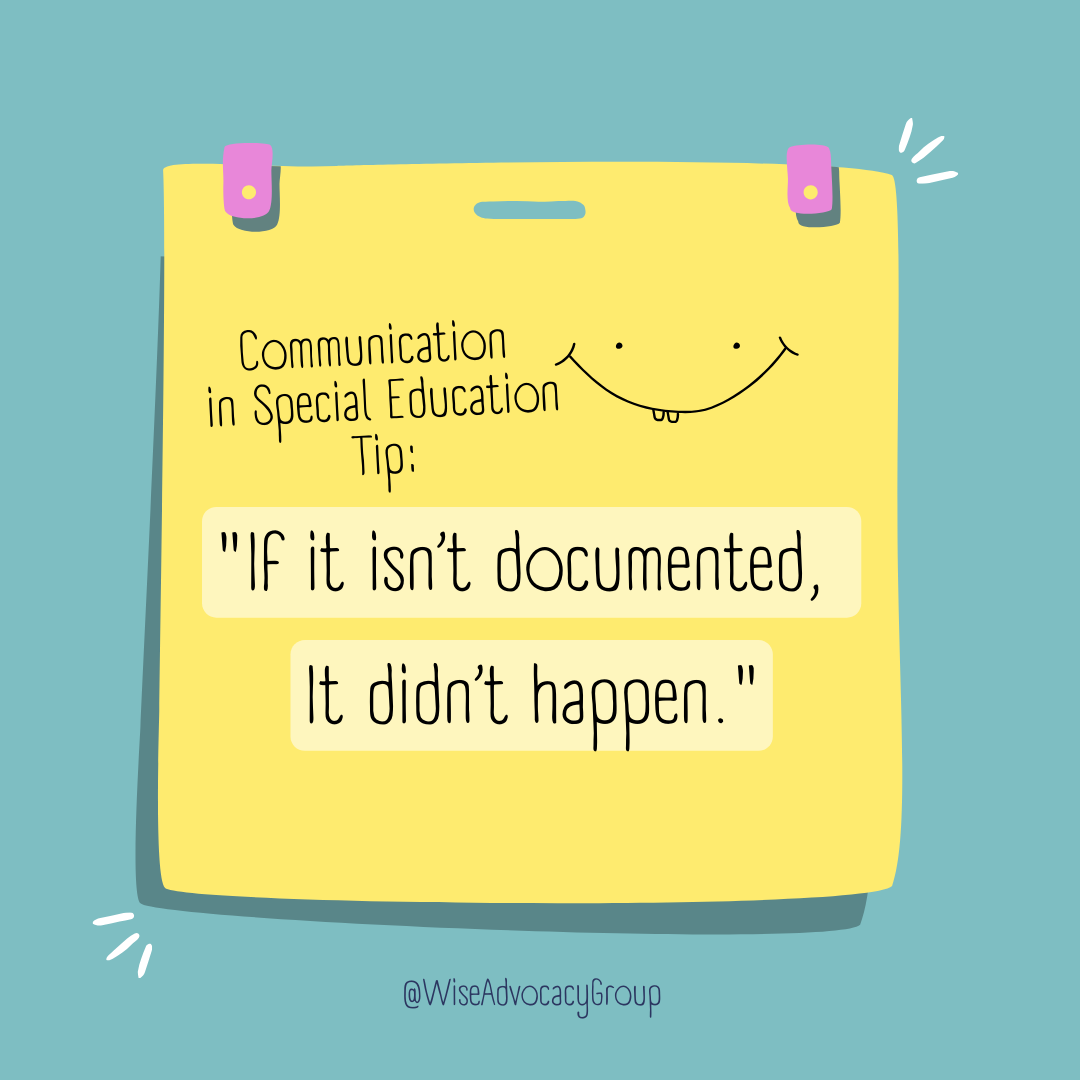 When preparing for an IEP meeting to ensure your child receives the necessary special education and related services, it’s necessary to document thoroughly and consistently. Start with a new notebook or digital document and log daily details about your child’s special education services, team contacts, and activities. Detailed documentation, from teacher anecdotal forms to logs kept by paraprofessionals, can substantiate the need for services like speech therapy, occupational therapy, and paraprofessional support.
When preparing for an IEP meeting to ensure your child receives the necessary special education and related services, it’s necessary to document thoroughly and consistently. Start with a new notebook or digital document and log daily details about your child’s special education services, team contacts, and activities. Detailed documentation, from teacher anecdotal forms to logs kept by paraprofessionals, can substantiate the need for services like speech therapy, occupational therapy, and paraprofessional support.
For caregivers, maintaining accurate records of all evaluations, tests, and assessments is key. Avoid highlighting documents; instead, use Post-it notes for remarks and ensure all your observations are backed up by copies. When attending IEP meetings, have your documentation organized and ready for presentation. Many caregivers use binders to store pertinent information in an easy-to-review fashion, while others prefer to keep everything recorded digitally, for ease of access.
Communication with school personnel is vital, yet it’s essential to establish a paper trail. Emails serve as a record of interactions, agreements, and concerns, and can be critical in any subsequent due process hearings or just to review for clarity. Document phone conversations with follow-up emails to avoid misinterpretation over time. This can be as simple as a quick email stating, “Thank you for taking th time to speak with me about Jen’s recent behavior. I agree that this could be a manifestation of her disability and will sign the Functional Behavior Assessment (FBA) consent form you stated you would send over today. Thank you.” Always review your emails for accuracy and a constructive tone, as they may be viewed by a future hearing officer.
In situations where school administrators and teachers prefer calling over emailing, it’s follow up each call with a polite, non-confrontational email summarizing the conversation and any agreements made. If calls persist despite your preference for emails, consider sending a clear, written request explaining the importance of documentation for your child’s educational records and due process. Be firm yet courteous, emphasizing your commitment to constructive communication and the welfare of your child’s education.
Remember that good records are not just a backup for memory; they are a professional way to present your case and demonstrate your diligence and involvement in your child’s education. Use logs, calendars, and journals to record all school-related contacts and interactions. These records can provide compelling evidence in disputes, offering clarity on what was agreed upon, refused, or discussed. They answer crucial questions about who, what, where, when, why, and how, which could be pivotal in understanding the progression and resolution of any educational disputes.
Diligent documentation and professional communication are the cornerstones of effective advocacy in the special education process. They not only prepare you for IEP meetings and potential disputes but also build a strong foundation for a cooperative relationship with your child’s educational team.
